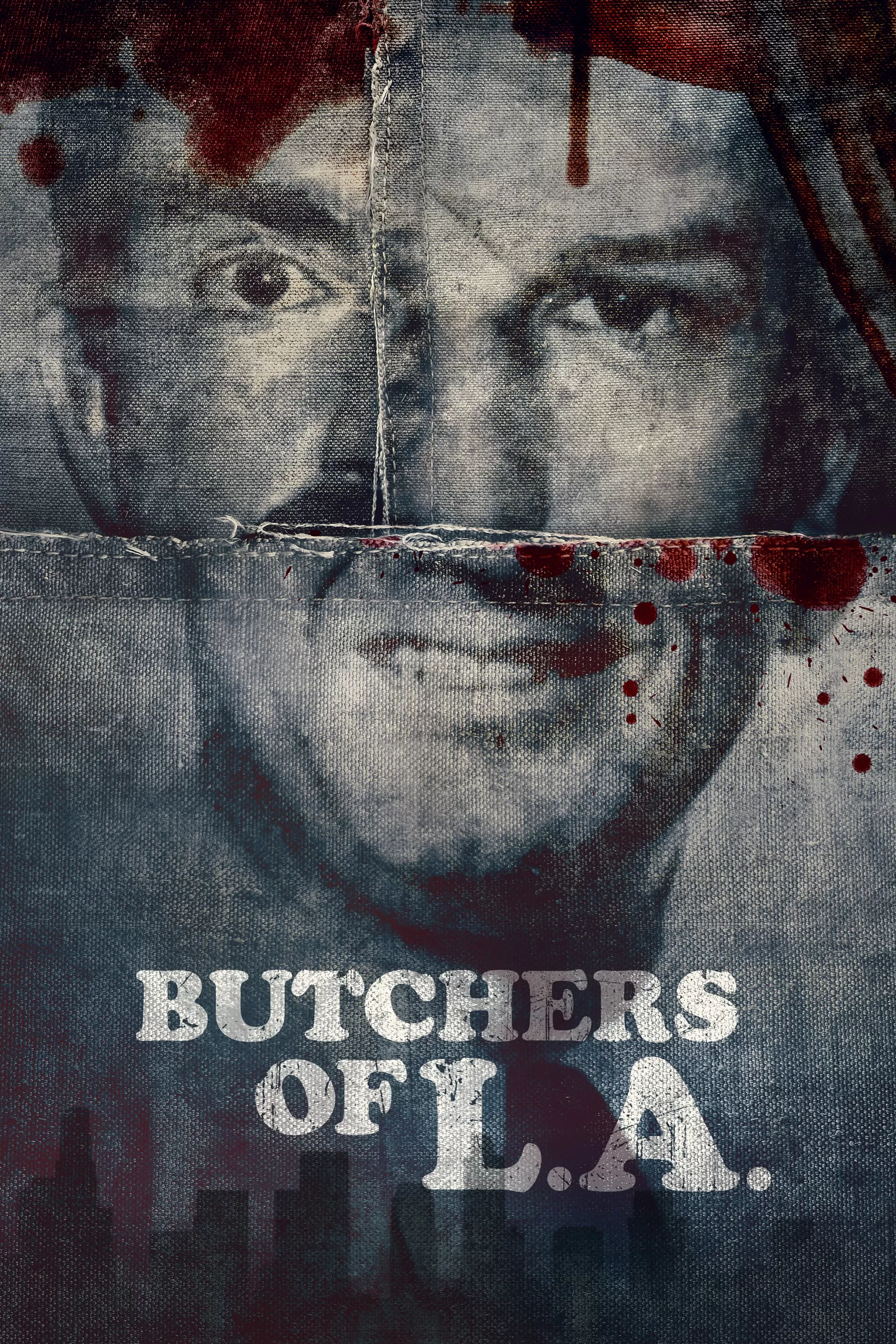The nightmarish shadow cast over Los Angeles in the 1970s is chillingly brought to light in this three-part documentary series from Sundance, haunting viewers with stories that still gnaw at the edges of the soul. Each episode, roughly 45 minutes long, peels back layers of panic and dread stirred up by a series of brutal murders that left the city trembling. Imagine the terror unfolding as 131 bodies were discovered—soulless reminders strewn across the city’s highways. The police hunt initially zeroed in on a lone culprit, but as the investigation deepened, a staggering truth emerged: not one, but three killers lurked in the shadows, each weaving their own sinister tale with different, gruesome methods. It’s the sort of real-life horror that’s earned the grim nickname “trilogy of terror,” and honestly, it’s hard not to feel a cold shiver run down your spine just thinking about it.
Back then, the victims were often vulnerable young gay men picked up along the roadside, only to suffer unspeakable fates. The documentary zeroes in on this dark chapter, revealing the twisted minds of Patrick Kearney, William Bonin, and Randy Kraft—three men who, independently, turned highways into their hunting grounds. These weren’t random acts of violence; each kill was marked by a cold, methodical cruelty that still baffles the mind. It’s harrowing, haunting, and if you ask me, here lies a grim reminder of how darkness often hides behind the most inconspicuous faces.
The episodes dive into this chilling saga with titles that hint at their grim content. The first, “Trash Bags,” drags us into the early 1970s, when bodies began appearing, wrapped mercilessly in industrial-strength garbage bags. The discovery led to a jaw-dropping reveal: a quiet aerospace engineer living a secret life as a merciless predator. The contrast between his mundane day job and gruesome nighttime deeds is like something ripped from a horror novel.

Next, “On The Freeway” spins the story forward, unfolding the realization that the nightmare wasn’t over with Kearney’s capture. The police stumble on a mobile torture chamber—creepy, right?—and a fresh wave of murders that scream the work of another deranged soul: “The Freeway Killer.” But then, the terror deepens when investigators grasp that a single madman isn’t behind these crimes after all. The city was being stalked by multiple killers, an escalating horror that must have felt like a never-ending nightmare to those caught in the grip of fear.
The final episode, “Keeping Score,” hits the viewer with another brutal twist. Just when you hope the nightmare is done with Bonin’s arrest, more killings shatter that fragile hope. This third killer operates with the cold precision of a master, a haunting reminder that evil sometimes slips through the cracks of even the most diligent police work—and that it often takes sheer chance, like a random police check, to pull them into the light.
If you’re thinking this documentary might grip you tightly from start to finish, I have to confess, it left me with mixed feelings. Sure, it’s packed with interviews from those who chased these monsters—officers peeling back the layers of horror piece by piece—but honestly, the storytelling feels a little flat. In a time when we crave immersive, pulse-racing narratives, relying mostly on talking heads feels like a missed opportunity. I kept yearning for moments that would bring the anguish, the chaos, the frustration raging behind the scenes into sharper focus. How exactly did they piece these twisted puzzles together? What subtle clues ignited the manhunt? These details, crucial to understanding the chase, remained frustratingly elusive.
And what about the victims—their stories, their lives before the terror? I found the documentary skimmed over the deeper ‘why’s behind the killers’ madness too quickly, barely scratching the surface of what drove these men to such inhuman acts. While the background given hints at their grotesque psychology, it doesn’t quite satisfy the hunger for understanding. Personally, I feel there’s a gulf between acknowledging a terrible crime and truly grasping its chilling human dimensions. Perhaps it’s my own craving for stories that stir the heart as well as the mind.
In the end, this documentary serves as an important record of a dark chapter in L.A.’s history—a grim mosaic of fear, tragedy, and relentless pursuit of justice. But it reminded me that even the weightiest subjects need stories told with passion, nuance, and that visceral spark that pulls you from mere facts into a world you can almost feel breathing down your neck. Without that, the horrors uncovered start to blur into distant echoes rather than searing memories. I just wish this series had managed to capture that electric pulse beneath the tragedy, because those stories deserve to haunt us—not just as cold reports, but as vivid, unforgettable reckonings.


Ciao, volevo sapere il tuo prezzo.